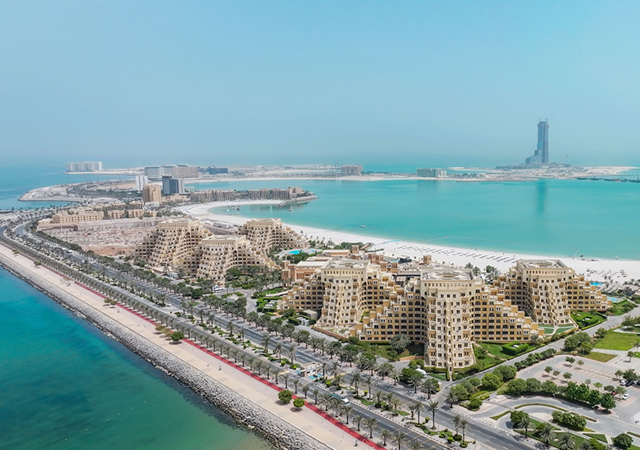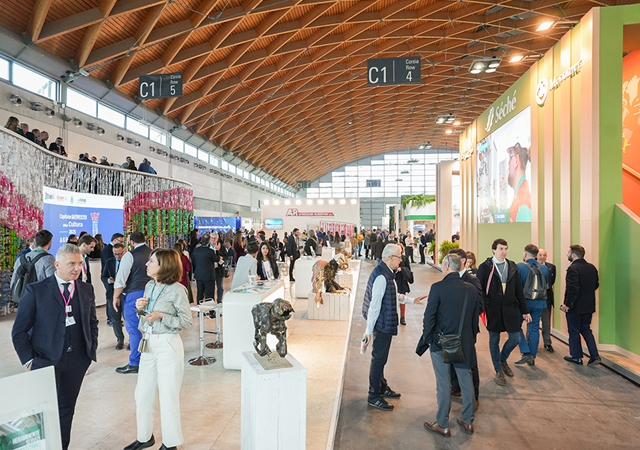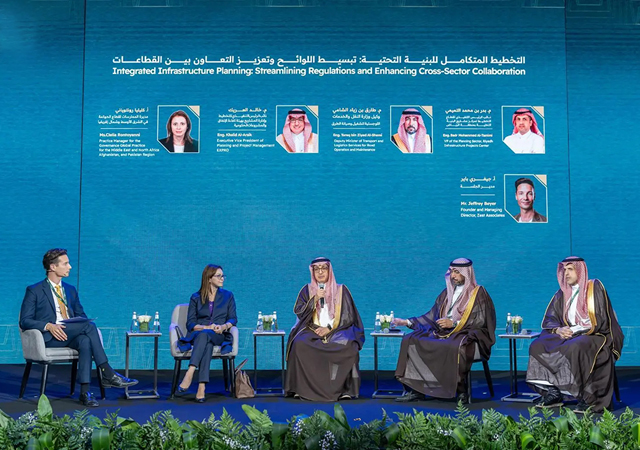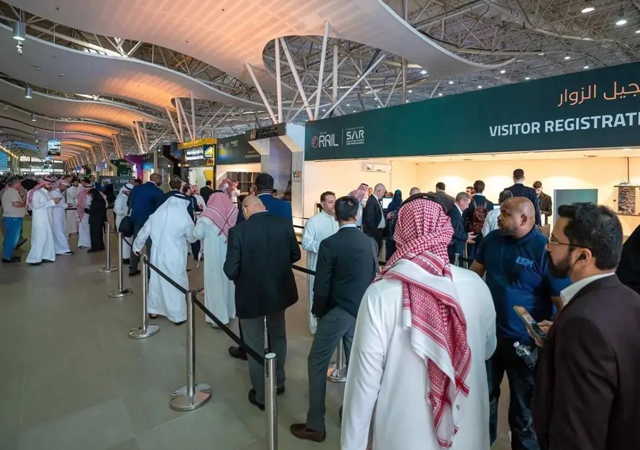
The soaring oil prices have produced a major windfall for Kuwait, a country that relies on oil for around 90 per cent of its income. The higher-than-expected oil revenues will give the state its second budget surplus in the past 15 years, estimated at some $3 billion for 2000-2001.
The construction sector in the country is eagerly looking forward to reap the benefit of this windfall. But how much of these earnings will go towards the much-awaited construction projects which have been kept on the back-burner because of a cash crunch?
The government intends to use much of its increased revenues to help repay its debt accrued during the 1991 Gulf War and funds used for post-war reconstruction projects and successive budget deficits.
State spending is up, nevertheless. The Kuwait government has allocated KD400 million ($1.34 billion) for construction projects in the budget for the year 2000-2001, which is expected to reflect positively on the construction and contractual business and the general state of the economy.
The state has recently reversed its long freeze on major projects and given the green light to two power projects worth a total of $2.3 billion.
The build, operate, transfer (BOT) system is expected to be adopted for major projects. Electricity and water, road and sewage projects are the main areas of expansion in addition to the long-awaited development of downtown Kuwait, primarily Fahad Al Salem Street, which is expected to cost some KD22 million.
While the private sector's role has hitherto been minimal, Kuwait has set forth on a path of economic reform and privatisation.
The Ministry of Public Works will offer vital government projects to the private sector for both planning and execution, according to the Minister Eid Hathal Al Rashidi. He added that his ministry will continue to be responsible for planning and implementation of government buildings.
"The government is seriously deciding to involve the private sector in grand projects such as construction of new cities, power plants and many more big schemes,'' said Deputy Premier, State Minister for Cabinet and National Assembly Affairs Mohammad Daifallah Sharar.
Other large projects that will involve the private sector is the $5.3 billion Subiya City and the $1.5 billion causeway, the mega-city's vital link to Kuwait City.
Power & water
Kuwait has given the go-ahead for a $2.3 billion plan to build two new power projects. The state has been considering a BOT programme for its power sector and has already held talks on the proposed projects with several of the world's leading firms in the field.
The larger of the two proposed plants is the estimated KD553 million ($1.8 billion) Al-Zour north project, which will have an installed capacity of 2,500 MW. The steam turbine plant is scheduled to begin production in the second half of 2006.
The second plant at Shuaiba, to be gas-based, will generate 800 MW. It will require an investment of KD133 million ($420 million) and is targeted to go on stream in mid-2003. The laying of fuel pipelines for the projects would add $315 million to the cost.
The Ministry of Electricity and Water (MEW) was expected to appoint a consultant by the end of last month (November) for the proposed plant at Shuaiba. Tenders are expected to be issued in March. The power plant will have four to six units, each with generating capacity of around 150 MW, depending on design.
Meanwhile, a source at the MEW has cautioned that Kuwait will face an energy crisis by 2004 if current production capacities remain unchanged as power consumption for 2005 has been calculated at 9,906 MW while the total output in the country is expected to drop to 8,829 MW.
Kuwait is also working on boosting its fresh water production capacity to avoid any shortage by building two new units at the southern Al Zour with a capacity of 12 million imperial gallons per day (migd), which are expected to go online by the end of this year. Additional units are expected to go on stream by 2001. The ministry is also planning to get Subiya water stations online by 2002 which will have a capacity of 25 migd.
Housing
Kuwait has long been dogged by the problems of an acute housing shortage. While in the long term, the problem is expected to be solved with the construction of the new city of Subiya, the country is increasingly looking at the private sector to provide a solution. The state aims to provide housing for citizens within a maximum waiting period of five years as per new plans, according to the Minister of Electricity and Water and Minister of State for Housing Affairs Adel Al Subaih.
Early this year, Kuwait's Municipal Authority approved a plan to build the $5.3 billion Subiya City. The megacity in a northern, uninhabited part of the country close to the Iraqi border will be linked to the capital by a $1.5 billion, 22-km causeway bridge spanning Kuwait Bay. The project, to be built in three phases over 20 years, is expected to cover 260 sq km and accommodate 250,000 people. However, in order for the project to move ahead and entice private sector investment, the government needs to offer some incentives, say industry sources.
The Public Authority for Housing Care (PAHC) intends to build 12,828 housing units and associated facilities at a cost of KD175 million. The authority is currently building 2,151 units costing KD97 million in Al Naim, eastern Sulaibikhat, Jaber Al Ali and Jleeb Al Shuyoukh and carrying out infrastructure projects on 10,677 plots worth KD67 million. They include 4,915 plots in western Jleeb Al Shuyoukh, 2,678 in southern Doha and 4,048 in southern Jahra.
Sulaibiya plant
The estimated $390 million Sulaibiya Wastewater Treatment and Reclamation plant project ran into murky waters in July when Kuwaiti MPs called for the government to freeze the process of awarding a contract until more studies are carried out. But the government rejected the non-binding recommendation from parliament, saying it interfered with its executive powers and violated the country's laws. The project has run into delays for evaluation, reportedly on technical aspects.
The lawmakers warn that the treated water will not be clean enough even for irrigation.
Earlier, International Projects Development Company (IPDC), an international consortium bidding for the project, complained against the evaluation process and some of the contents of the offer by a competitor consortium led by local giant Mohammed Abdul Mohsin Al Kharafi and Sons with Bechtel, Ionics of the US and United Utilities of the UK. Kharafi stressed that its bid fully complies to the tender document for the plant.
The project has caused much frustration within the industry and has been the focus of international interest, being the first large BOT infrastructure project in the country.
The 30-year BOT project aims to produce some 375,000 cu m of water per day in its first phase. Further expansion of the plant will depend on growth in consumption and will be at an additional cost. The project is one of the largest of its kind in the world. Under review since 1997, it calls for building a sewage treatment plant west of the capital Kuwait City and will use a process of reverse osmosis to produce potable quality water for non-potable usage.
Airport
Last December, the Directorate General of Civil Aviation (DGCA) awarded Kuwait United Construction Management a KD11 million ($36.96 million) BOT contract for the construction of a multi-storey car-park at Kuwait International Airport. The project is due for completion in 18 months.
Three new BOT projects are also in the concept stage. These include construction of an express cargo facility for DHL Worldwide Express and a General Aviation terminal for executive jets and improving handling facilities at the cargo terminal.
Plans for the airport also include a new control centre and a passenger terminal.
Oil Sector Complex
Another project which has made marginal progress over the past year is the Oil Sector Complex, the estimated KD34 million ($112 million) headquarters for the Kuwait Petroleum Corporation (KPC) and the Oil Ministry. Five local firms are expected to submit bids this month for the sixth package on the project which has been divided into a total of 11 packages. The contract worth an estimated KD5 million, covers interior works and architectural finishes on the building.
Being built on a 57,000 sq m site along the waterfront on partly-reclaimed land in Shuwaikh, the project calls for the construction of a 22-storey tower for KPC and a 17-storey tower for the ministry, as well as a four-storey car-park for 650 vehicles.
Oil & Gas
Hyundai Engineering and Construction still holds the contract for a new oil export pier and associated topside facilities at Mina Al Ahmadi refinery, worth around $326.5 million, despite recent rumours to the contrary, according a Kuwaiti oil official.
Hyundai had in May put in the lowest bid for the engineering, procurement and construction (EPC) tender from Kuwait National Petroleum Company (KNPC).
Meanwhile, South Korea's LG Engineering has started EPC work on the gas-oil-desulphurisation (GOD) plant at the Mina Al Ahmadi refinery after being awarded a KD 28.5 million ($91.9 million) contract.
LG has been given 22 months by the client, (KNPC), to complete the job. The project involves the construction of a 70,000-barrel-a-day GOD unit which will produce low sulphur diesel oil, sulphur and aromatics.
Other Projects
Recafco put in a bid of KD 8.7 million ($28.3 million) for the Shuwaikh Industrial Training Institute (ITI) project. The contract is for the construction and maintenance of the ITI building. It includes construction of a two-storey car-park, adjacent infrastructure and landscape work.
Recafco is also the low bidder at KD5.9 million for the contract to construct a new building for the College of Health Sciences for Boys at the PAAET campus.
The construction period for the two facilities is two years. Contract awards are expected in the first quarter of 2001.
Work on Shuwaikh Industrial Area's sewage pumping station, which will cost KD45 million ($135 million), is slated to begin within the next few months. The MPW is implementing the designing phase for a second sewage pumping station near the exhibition ground in Mishref which will cost the state KD30 million.



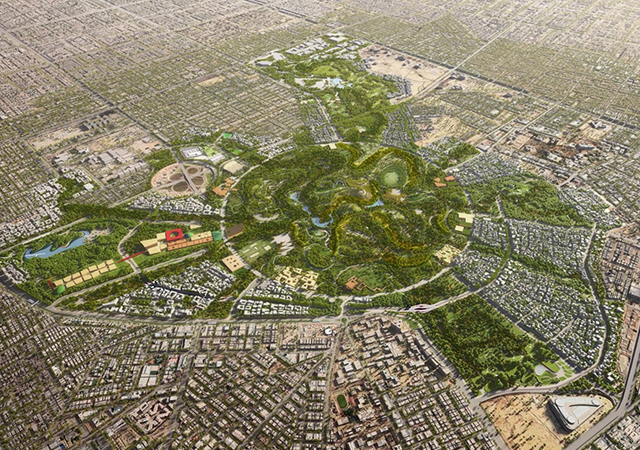
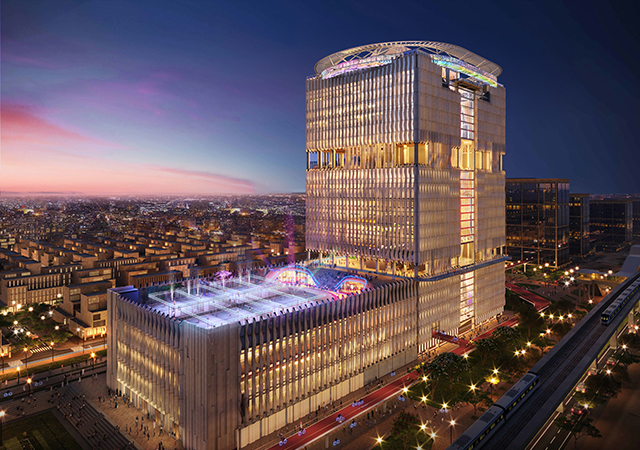
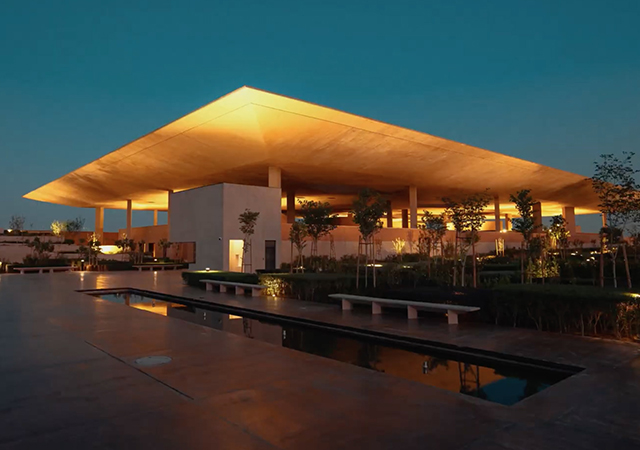
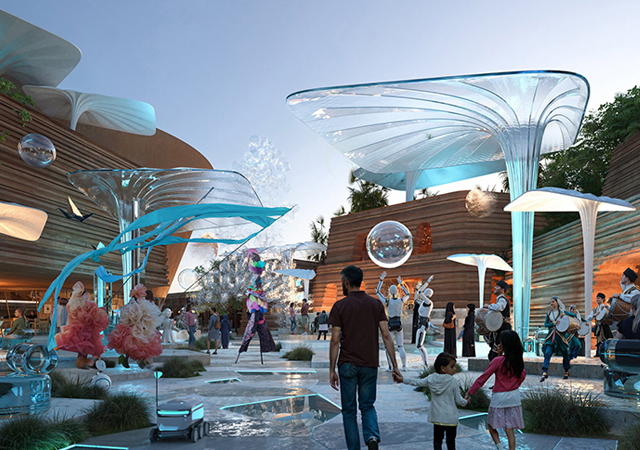
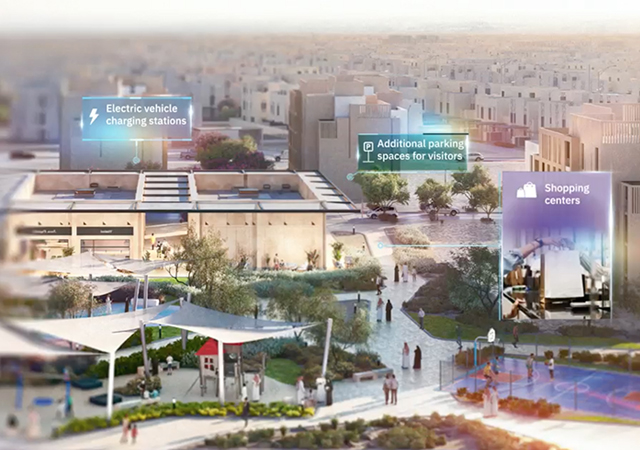
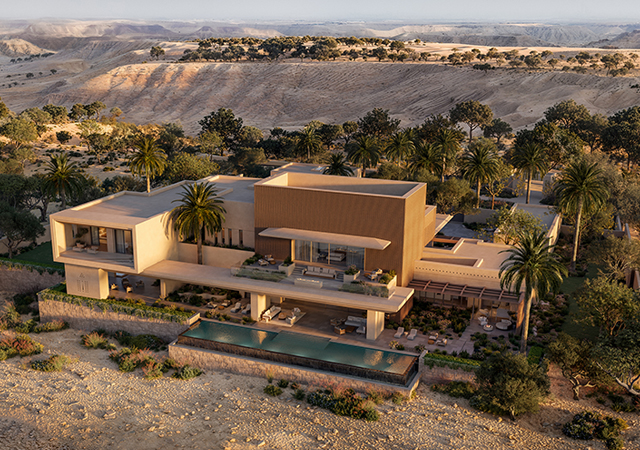
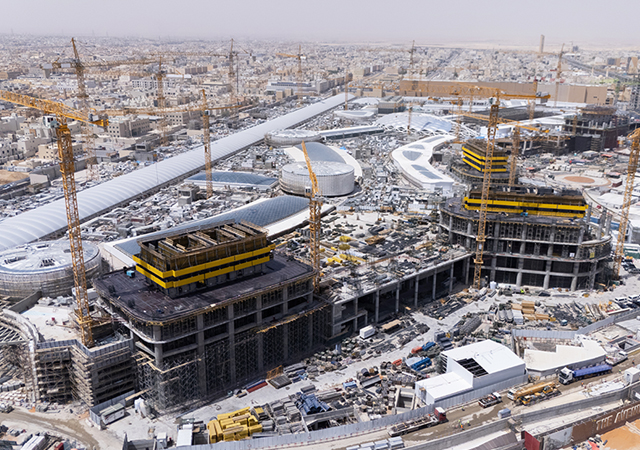
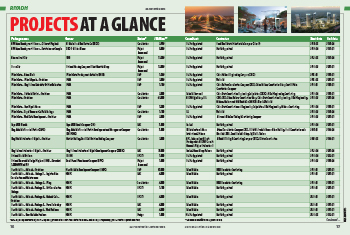
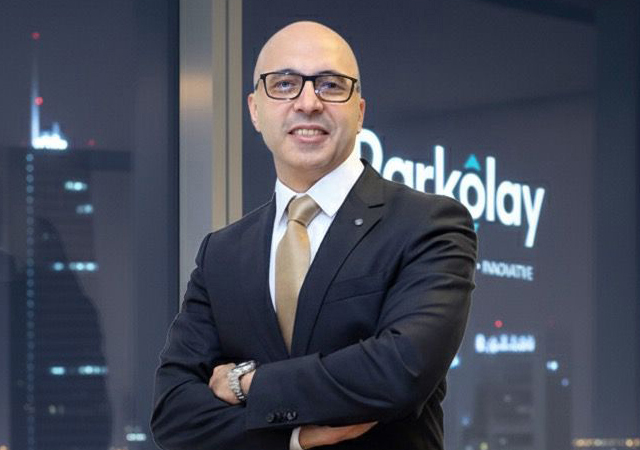
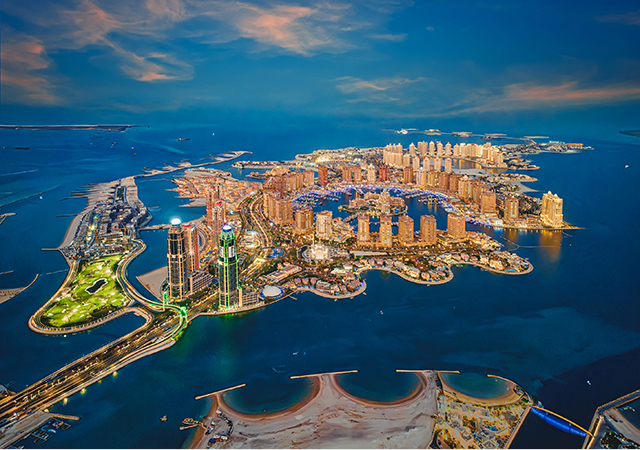

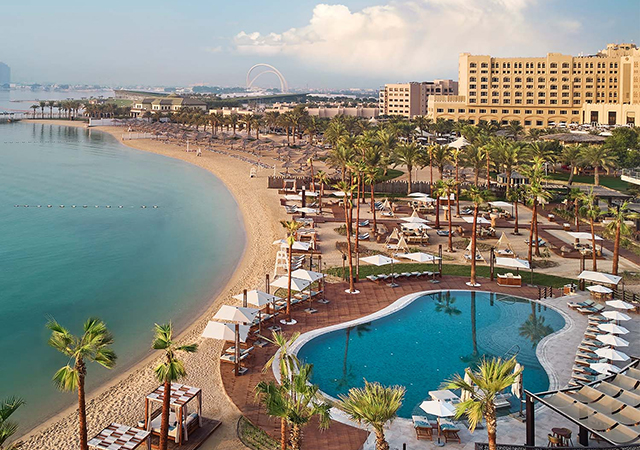
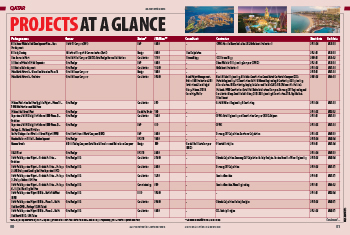
.jpg)
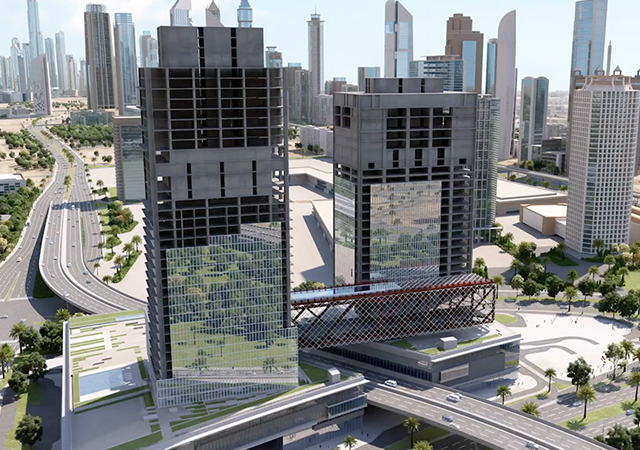

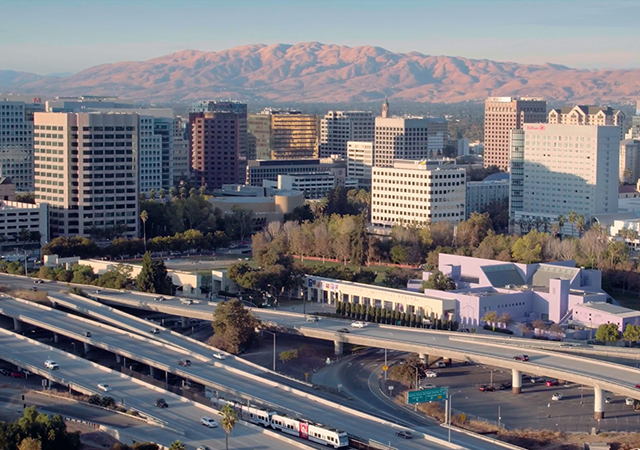
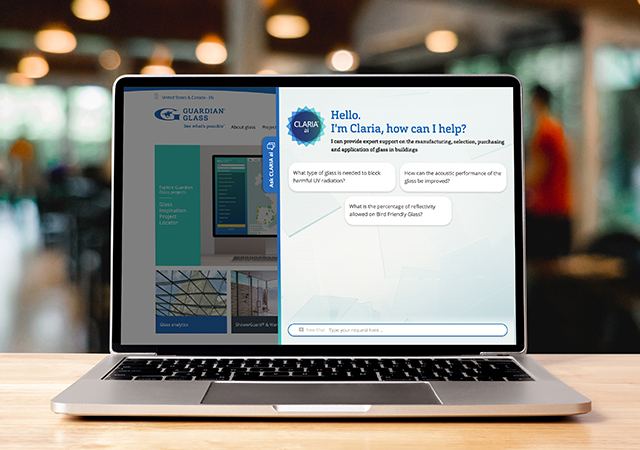

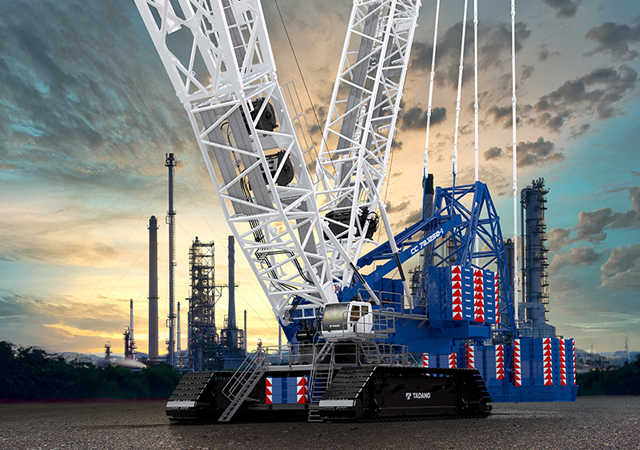
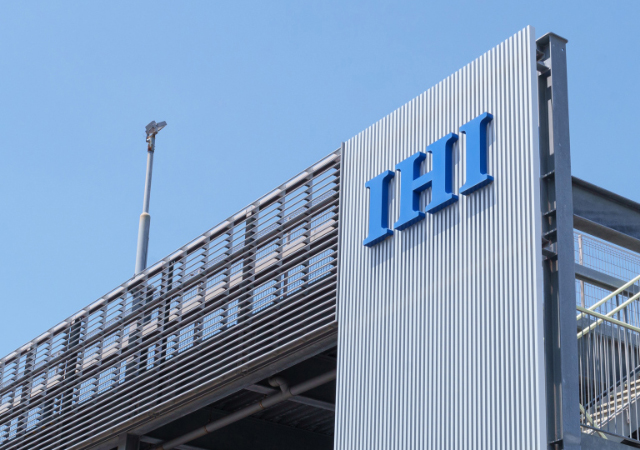
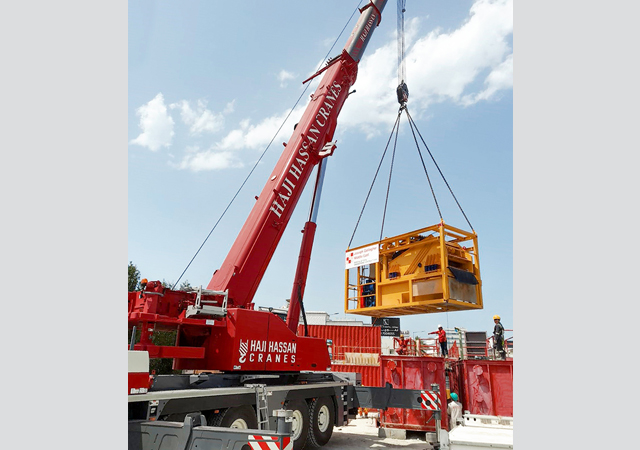
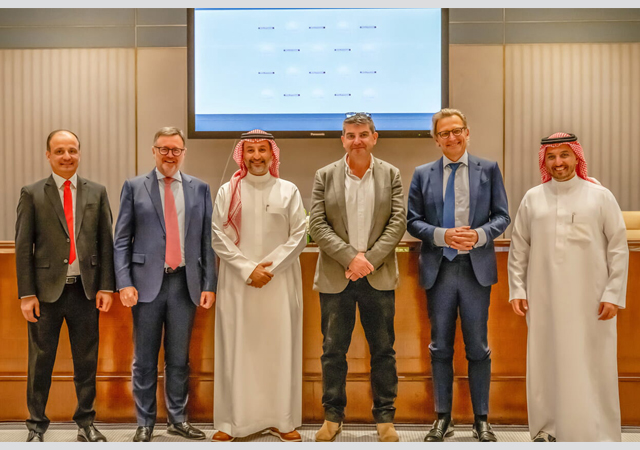
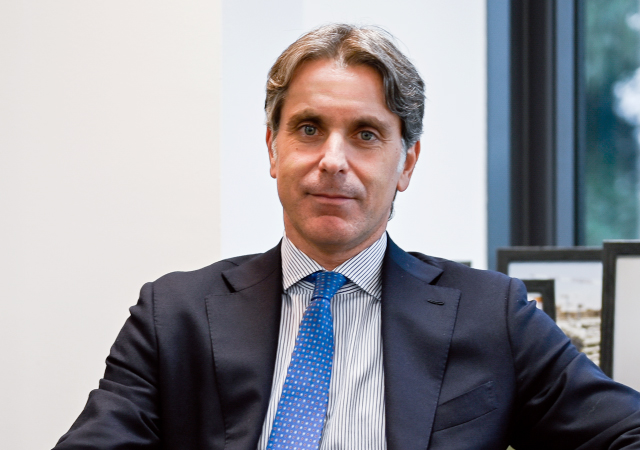
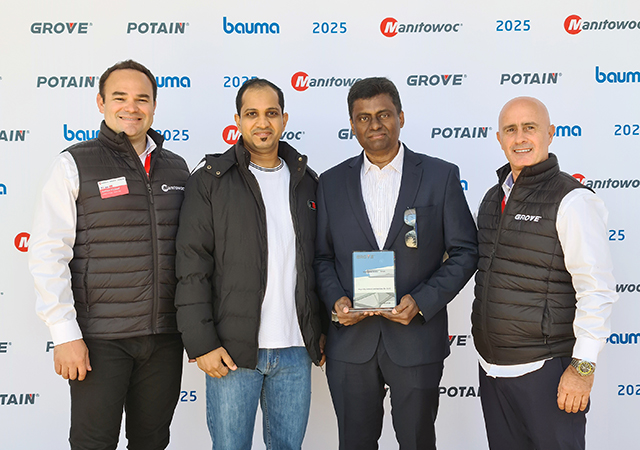
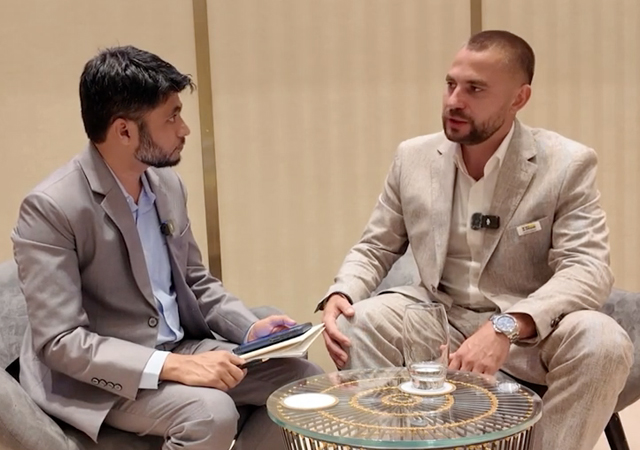
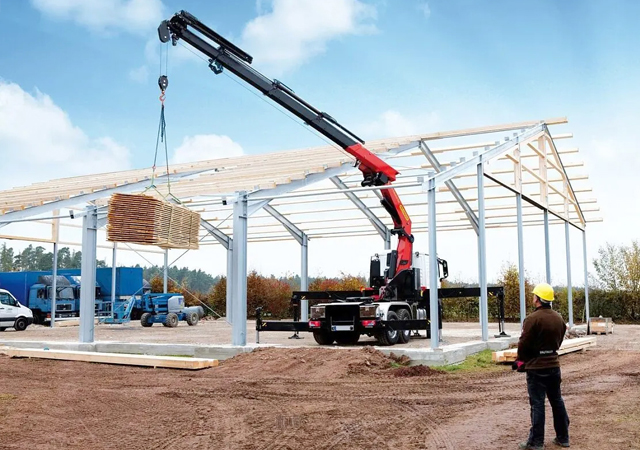
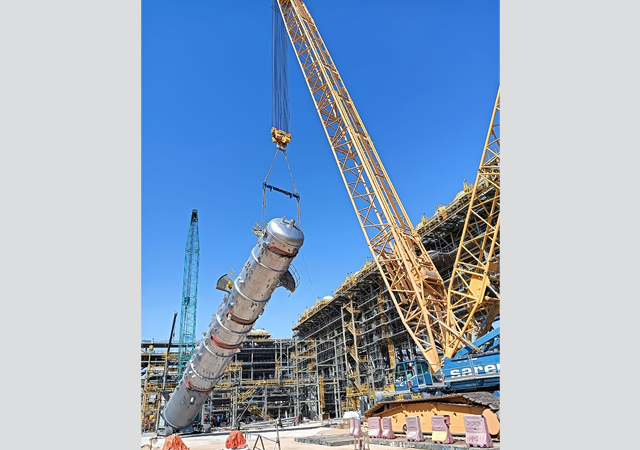
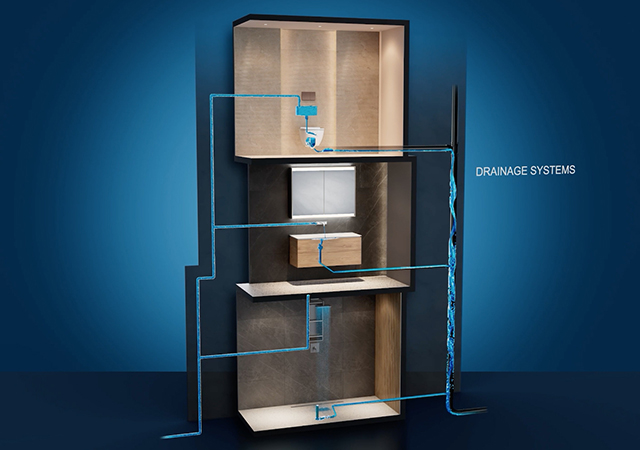
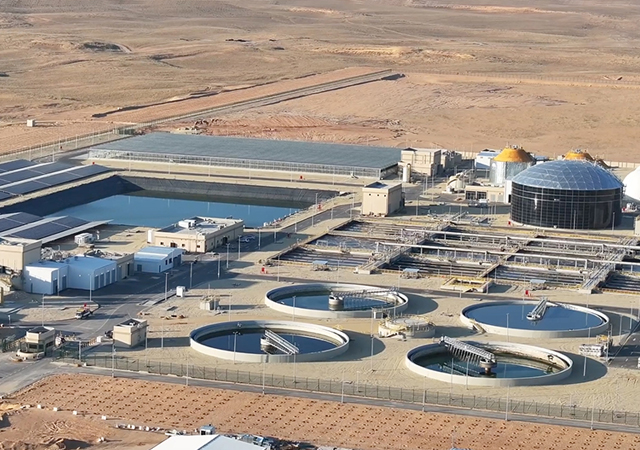

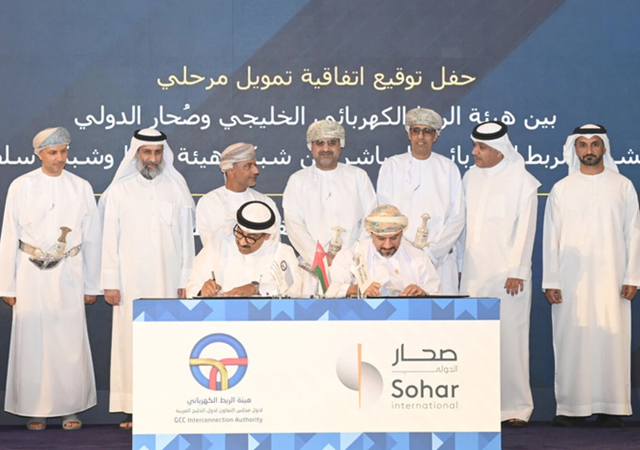
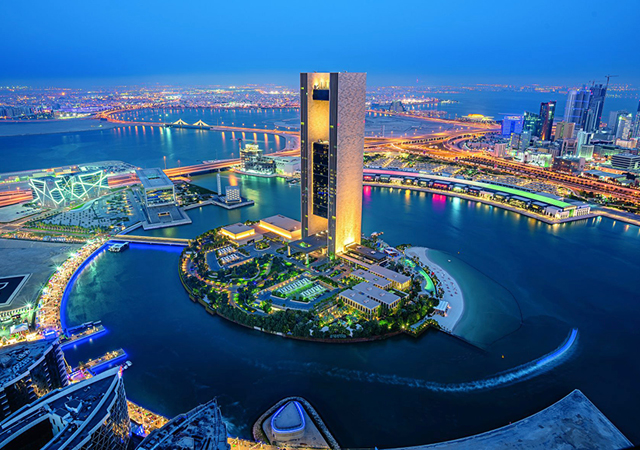
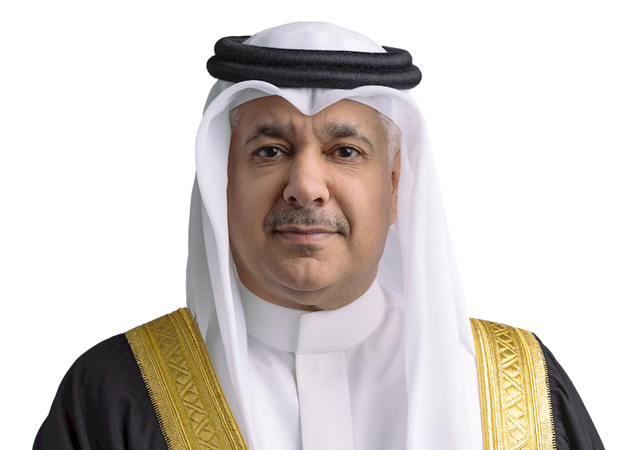
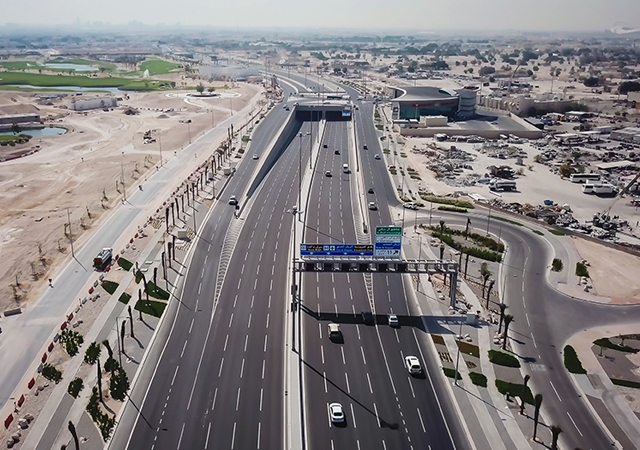
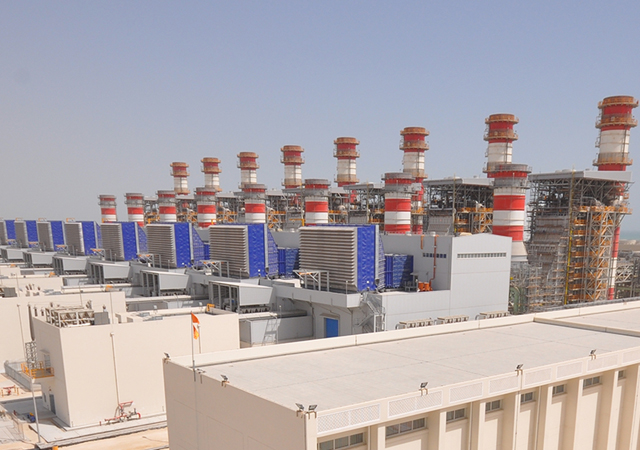
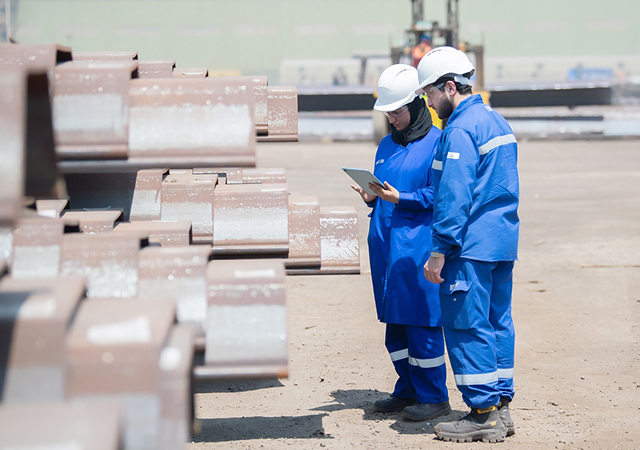
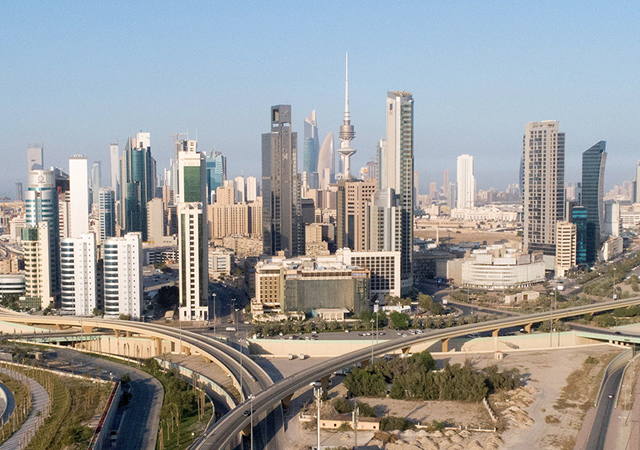
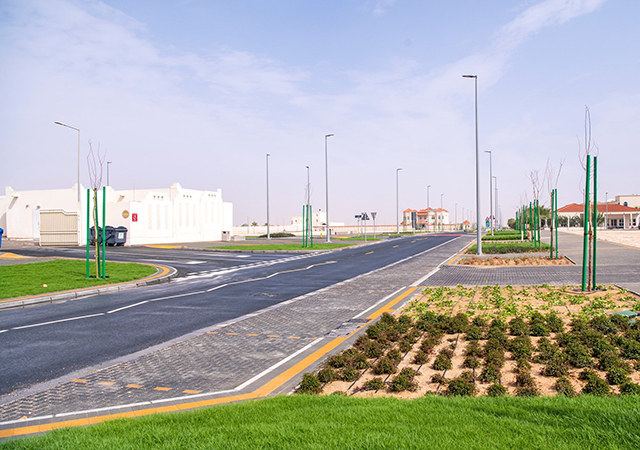
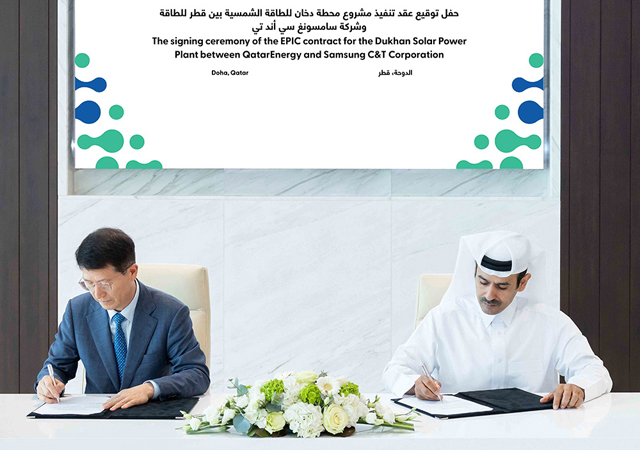
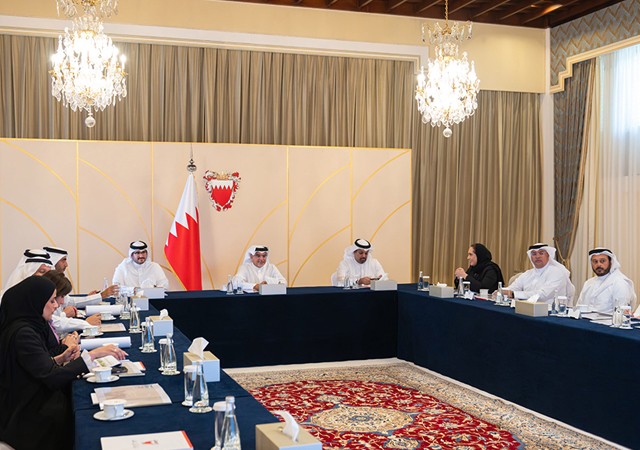

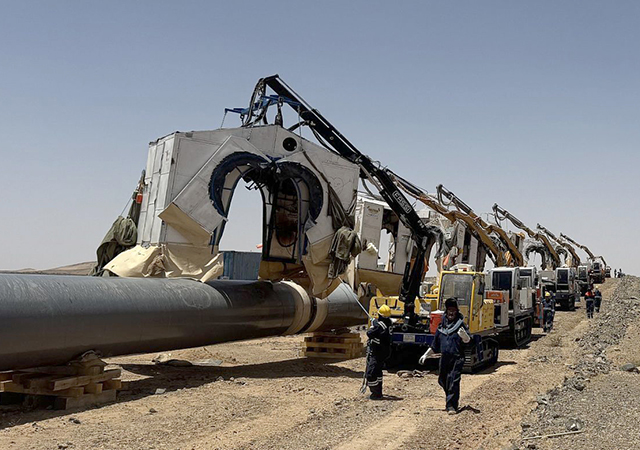
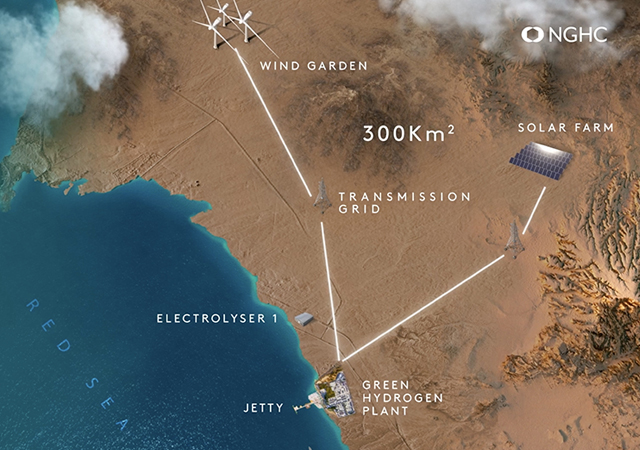
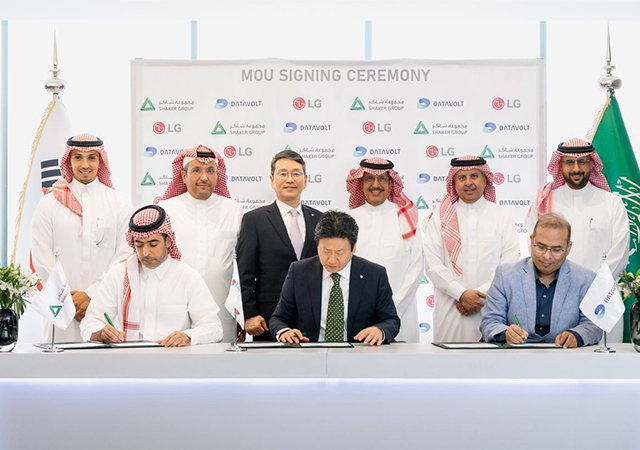
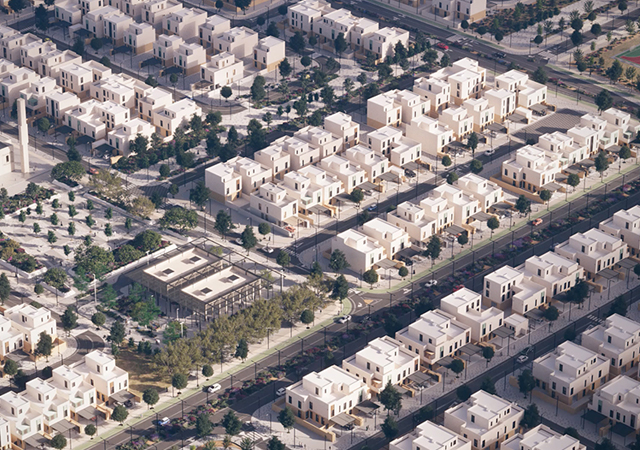
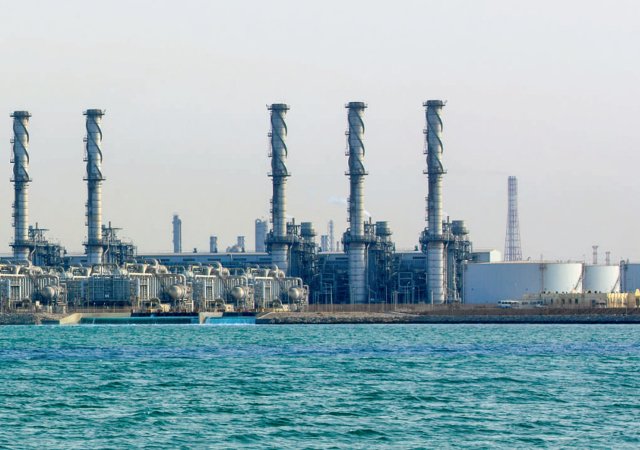
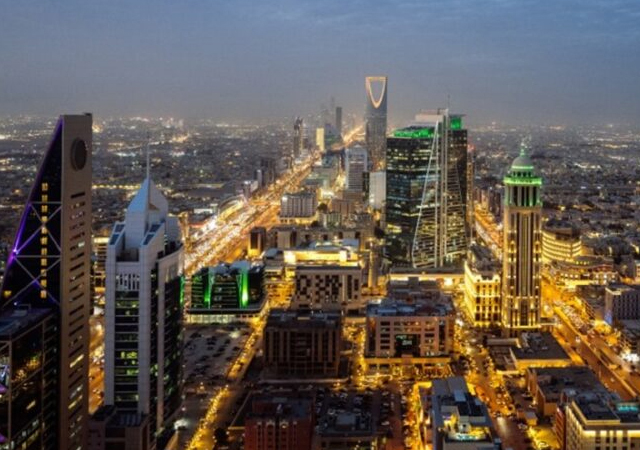
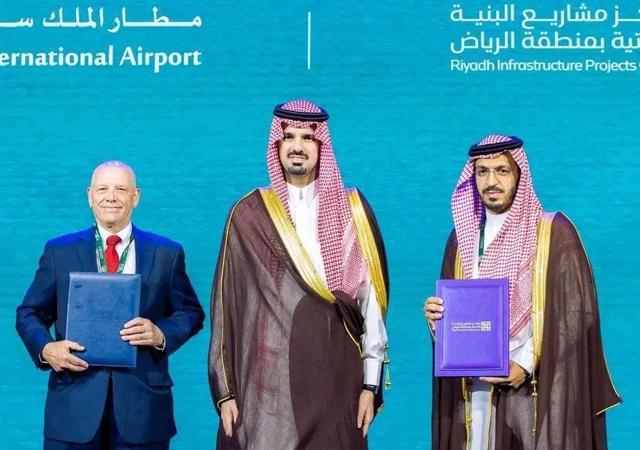
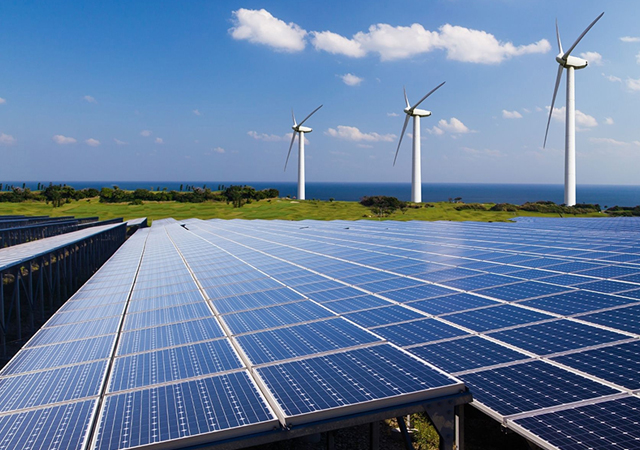
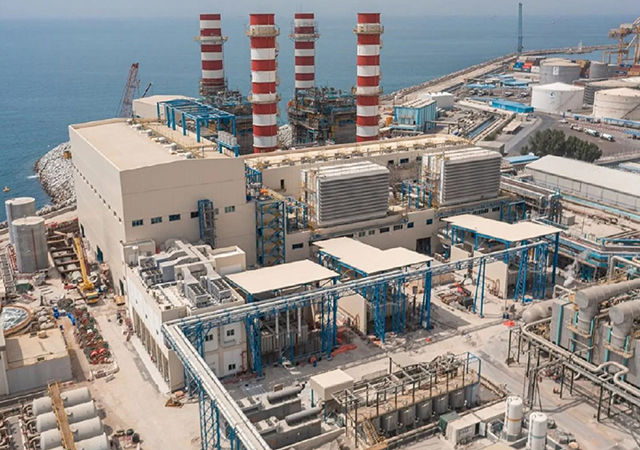
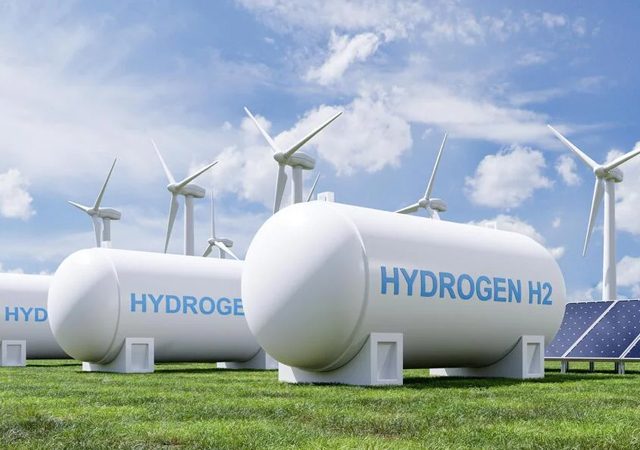
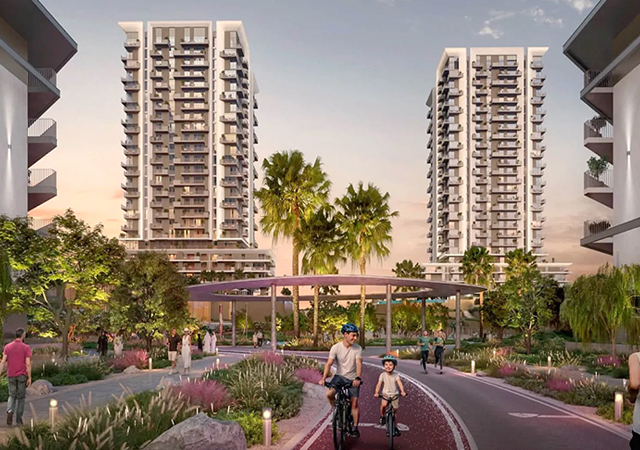
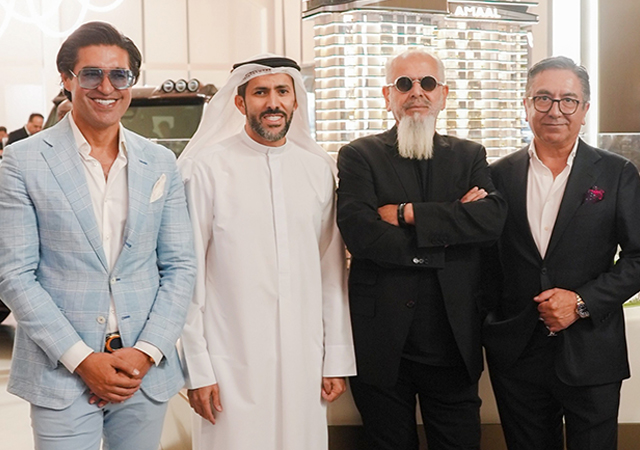
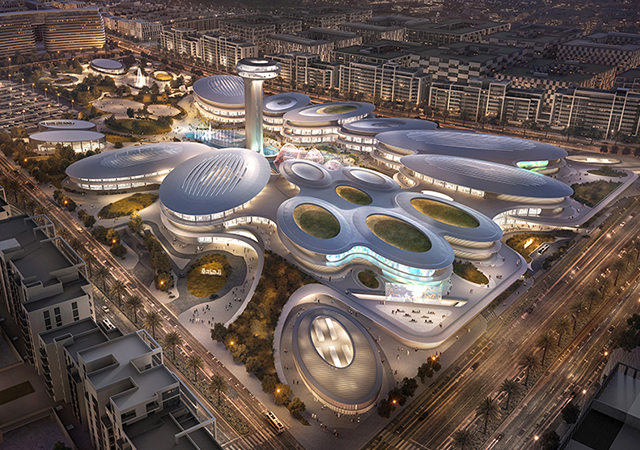
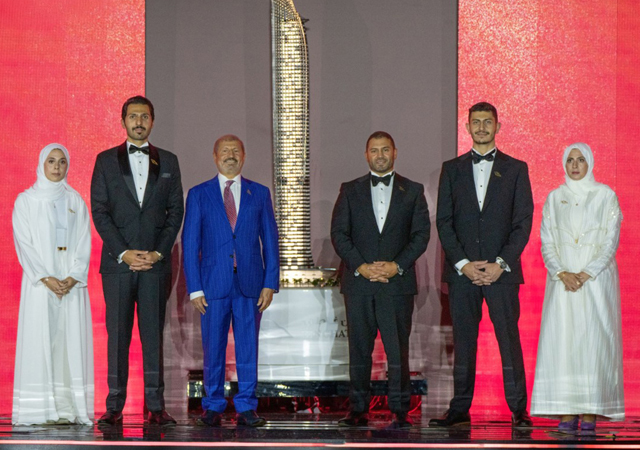
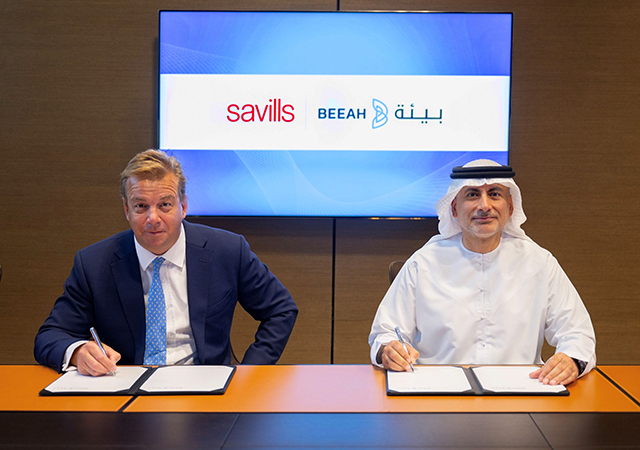


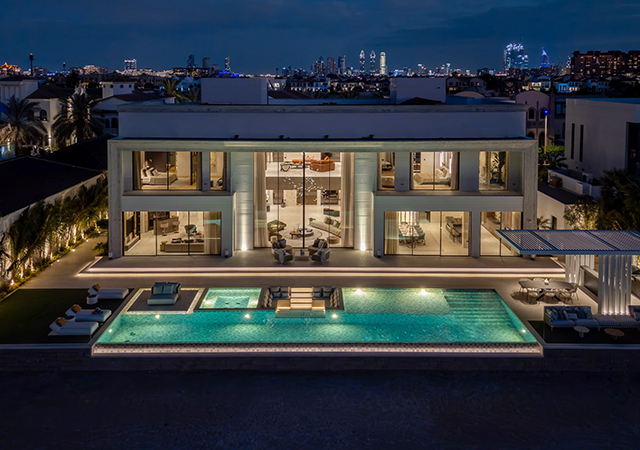
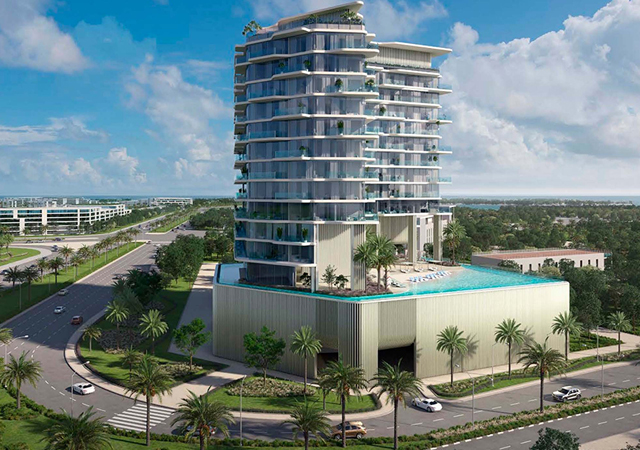
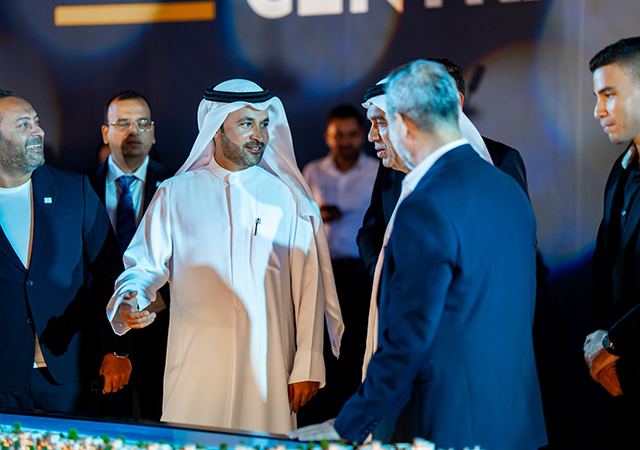
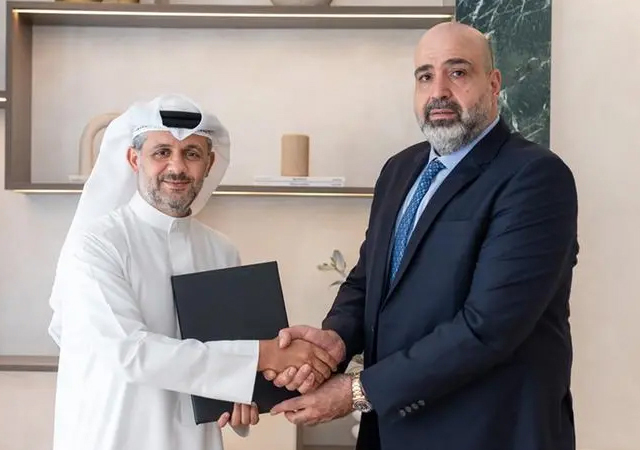
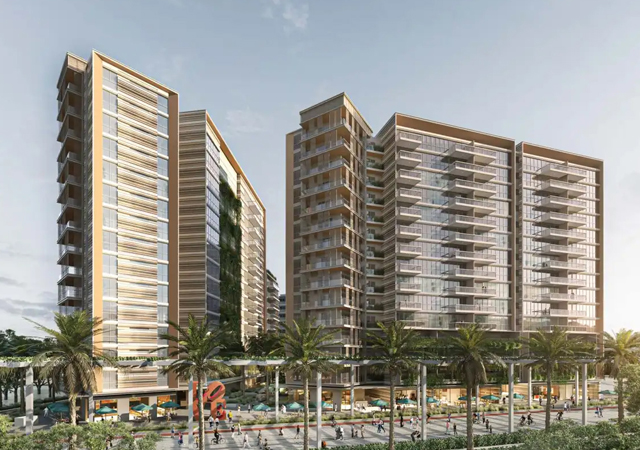
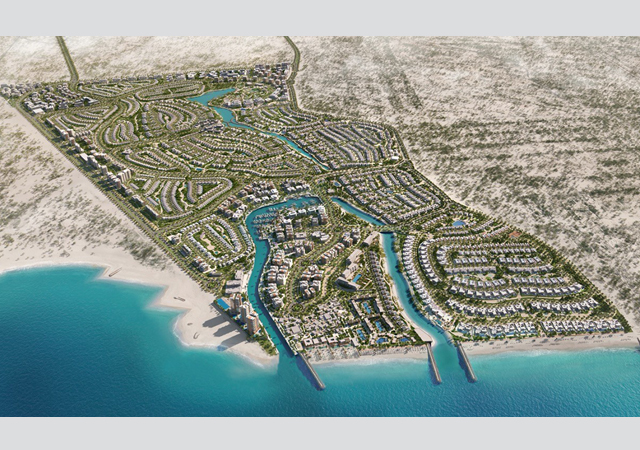
.jpg)
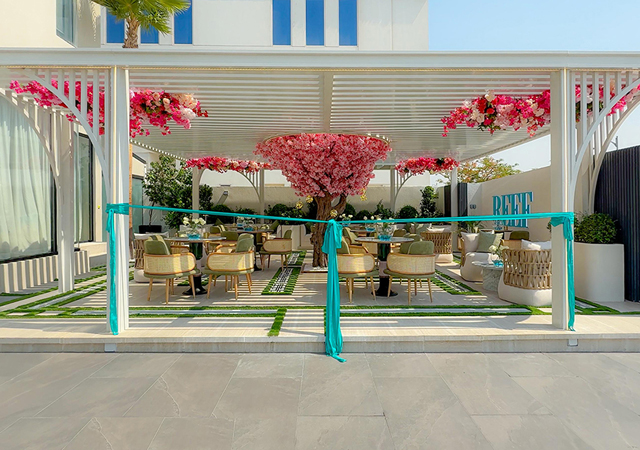
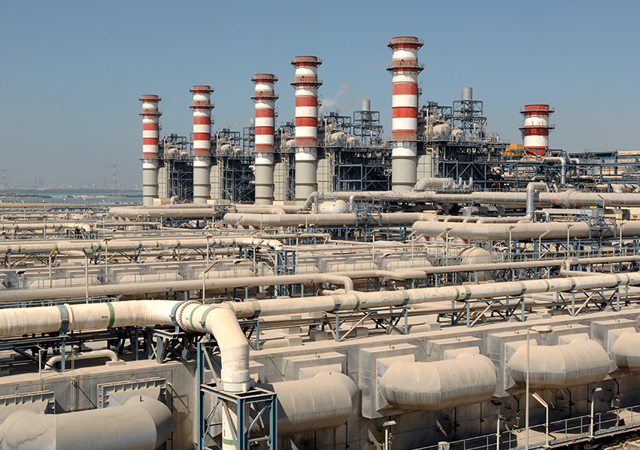
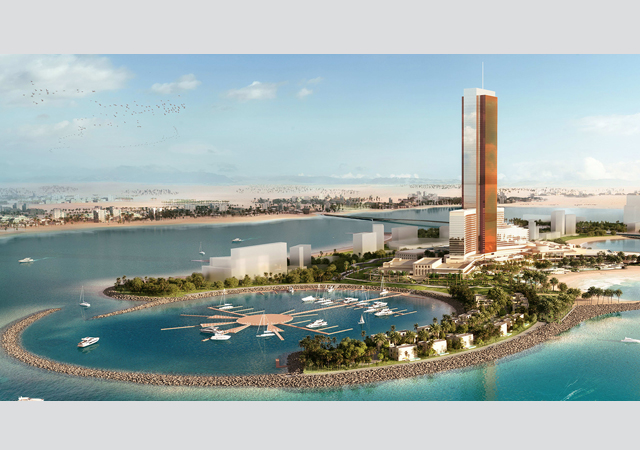
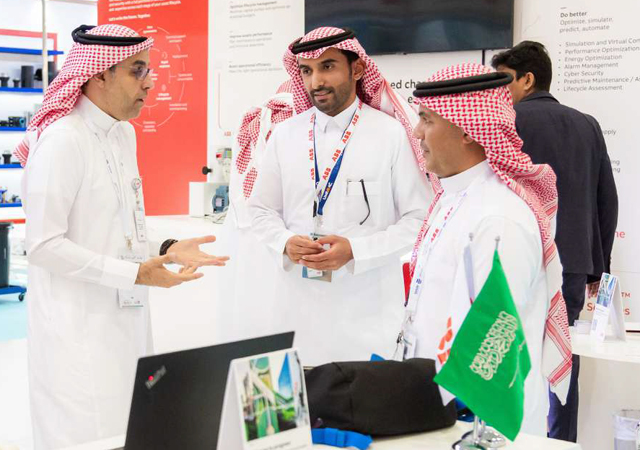
.jpg)
